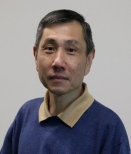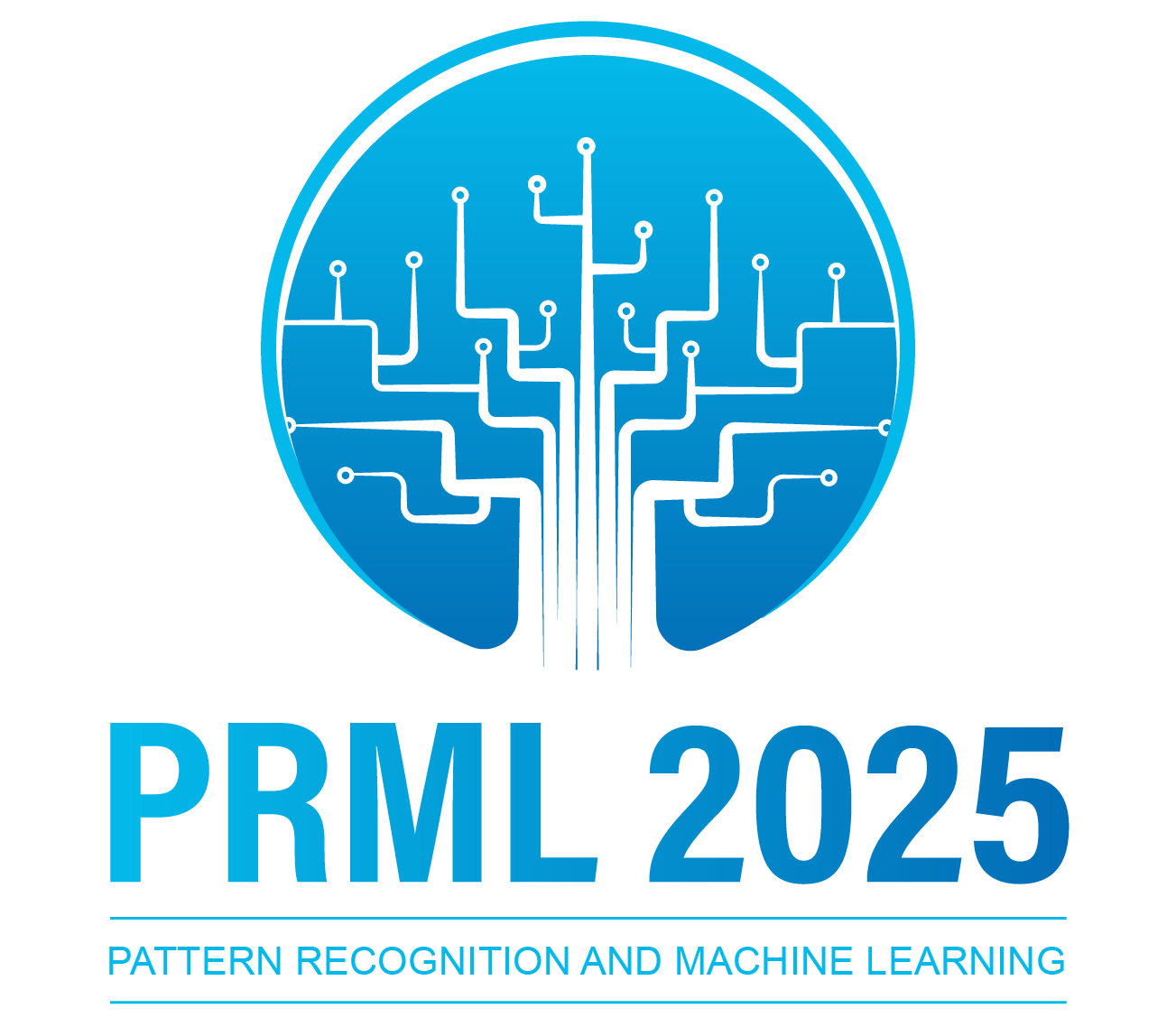KEYNOTE SPEAKERS of PRML 2025

Prof.
LIM Chee Peng
Swinburne University of Technology
LIM Chee Peng completed his Ph.D. degree at the University of Sheffield, United Kingdom n 1997. His research focuses on the design and development of Computational Intelligence (CI)-based systems for data analytics and decision support, with applications include medical prognosis and diagnosis, condition monitoring and predictive maintenance of industrial systems, as well as scheduling and optimisation of manufacturing and transportation systems. In addition to publishing more than 600 publications, he has received numerous prestigious fellowships for fostering international collaboration, viz., CAS (Chinese Academy of Sciences) President’s International Fellowship Initiative, Australia-India Senior Visiting Fellowship (by the Australian Academy of Science), Australia-Japan Emerging Research Leaders Exchange Program (by the Australian Academy of Technological Sciences and Engineering), Japan Society for the Promotion of Science (JSPS) Research Fellowship at Kyushu University. Commonwealth Fellowship at the University of Cambridge, Fulbright Fellowship at the University of California, Berkeley, as well as Visiting Scientists Program of the US Office of Naval Research Global at both Harvard University and Stanford University. He is currently a professor at the Department of Computing Technologies, Swinburne University of Technology, Melbourne, Australia.
Speech Title: "From Data to Decision: A Machine Learning Approach"
Abstract: Machine learning comprises a suite of computational methodologies that extract patterns from data to solve complex real-world problems. This talk explores the role of machine learning paradigms—including deep learning and artificial neural networks, fuzzy systems, and evolutionary algorithms—in transforming heterogeneous data into interpretable models and actionable insights. Both standalone and hybrid approaches are analyzed, with emphasis on their adaptability, scalability, and ability to manage uncertainty while maintaining generalizability across diverse problem domains. Practical applications in various domain, including healthcare (e.g., diagnostic decision support) and industry (e.g., predictive maintenance) demonstrate their transformative impact. By synthesizing theoretical foundations with real-world case studies, this discussion underscores how machine learning bridges the gap between data-driven analytics and robust decision-making in complex systems.
Prof. Shuyin Xia
Chongqing University of Posts and Telecommunications
Shuyin Xia is a Professor and Doctoral Supervisor at Chongqing University of Posts and Telecommunications (CQUPT). He serves as the Associate Dean of the School of Artificial Intelligence, the Deputy Director of the Academy for Advanced Interdisciplinary Studies, and the Deputy Director of the Key Laboratory of Cyberspace Big Data Intelligent Security, Ministry of Education. He has led several national key research projects, including the National Key R&D Program of China, the Original Exploration Program of the National Natural Science Foundation of China (NSFC), and the NSFC Excellent Young Scientist Fund.Together with Professors Guoyin Wang and Xinbo Gao, he proposed and developed the Granular-Ball Computing (GBC) Theory. His research findings have been published as the first or corresponding author in top-tier journals and conferences in the field of AI, including IEEE TPAMI, TKDE, TNNLS, TCYB, ICML, AAAI, IJCAI, and ICDE. His honors include the CCF Natural Science Award (First Prize), the Wu Wenjun AI Science & Technology Award (First Prize), the Chongqing Natural Science Award (First Prize), and the National Teaching Achievement Award (Second Prize). His research interests are focused on granular-ball computing, computer vision, machine learning, deep learning, evolutionary computation, and swarm intelligence.
Speech Title: "Granular-ball Computing: An Efficient, Robust, and Interpretable Adaptive Multi-granularity Representation and Computation Method"
Abstract: Current artificial intelligence methods are primarily based on the finest pixel points/single-granularity, lacking the natural efficiency, robustness, and interpretable cognitive computing characteristics of the human brain's "Global-first" cognition. To address this, granular-ball computing (GBC) has been proposed and developed based on the theory of multi-granular cognitive computing. This theory simulates the "Global-first" cognitive mechanism of the human brain through a coarse-to-fine generation approach, employing granular-balls of varying sizes to cover data samples, thereby achieving adaptive and efficient multi-granularity representation of data. It further constructs a new computing model based on granular-balls, enabling more efficient, robust, and interpretable computing models compared to traditional artificial intelligence methods. Currently, granular-ball computing (GBC) has not only attracted widespread attention from many renowned domestic scholars but has also been the subject of follow-up research by distinguished scholars from internationally top-tier universities such as the University of Michigan, the Indian Institutes of Technology, and the University of Alberta. This report introduces the relevant research results and latest advancements in granular-ball computing (GBC) theory, mainly including: granular-ball classifiers, granular-ball clustering, granular-ball graph networks, granular-ball reinforcement learning, granular-ball large models, granular-ball evolutionary computing, granular-ball open continuous learning, granular-ball federated learning, granular-ball rough sets, granular-ball fuzzy sets, granular-ball three-way decisions, granular-ball superpixels, and granular-ball NLP, among others.

Prof.
Alan Wee-Chung LIEW
Griffith University
Professor Alan Wee-Chung LIEW is currently the Head of School at the School of Information and Communication Technology, Griffith University, Queensland, Australia. Prior to joining Griffith University in 2007, he was an Assistant Professor with the Department of Computer Science and Engineering, The Chinese University of Hong Kong, and a Research/Senior Research Fellow at the Department of Electronic Engineering, City University of Hong Kong. Alan received the Bachelor of Engineering degree with first class honours in electrical and electronic engineering from the University of Auckland, New Zealand, in 1993, and the PhD degree in computer engineering from the University of Tasmania, Australia, in 1997. Alan’s research interests include AI and machine learning, computer vision, medical imaging, and bioinformatics, and he published extensively in these areas with 2 books, over 300 journal and conference papers, and 3 international patents. He is on the organising committee of many international conferences, and serves as Associate Editor of several journals, including the IEEE Transactions on Fuzzy Systems. Alan is listed in the Stanford’s list of top 2% Computer Scientists in the world (2021-24), and is a Fellow of the Australia Computer Society, Fellow of the Queensland Academy of Arts & Sciences, and Senior Member of IEEE (USA).
